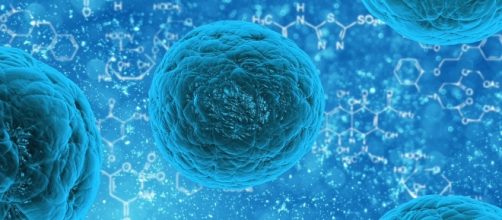Quite a few successful experiments with Stem Cells in a short period of time are turning these 'simple' parts of the body into miracle workers. At the beginning of the year, scientists were able to, among other things to grow intestines and sound sensing cells. Only last month, the researchers at the "Albert Einstein College Of Medicine" were able to connect the role of brain cells in the control of aging. And yet only a month later comes a new connected development. Researchers at the "Cedars-Sinai Heart Institute" published a study which presents promising results of tests in which stem cells from younger mice were injected into hearts of older mice.
Their hearts started to rejuvenate!
Can the aging clock be reversed?
The study was published in the "European Heart Journal" and the key result it presented was, in essence, that the hearts of older mice started performing like the hearts of younger ones. While the research at the Albert Einstein College of Medicine discovered the connection between brain's hypothalamus region and aging, the Cedars-Sinai research was the first study where the so called cardio sphere-derived cells (CDC) were tested to see their effect on the aging process.
During the study, the researchers used two groups of older mice. One was injected with CDC cells, and the other just with saline. After one month, a series of detailed tests were performed on both groups.
The results were quite staggering. The group that was injected with CDC cells had the functions of their heart improved and it was able to exercise 20 percent longer. Also, their hair regrew faster and they had longer heart cell telomeres.Telomeres, the segments of DNA that occur at the end of chromosomes, are actually directly connected to the aging process since they shorten through time. As Eduardo Marbán, the lead researcher on the project stated, the younger cells "appear to contain all the needed instructions to turn back the clock.”
Extensive research is yet to be conducted
While the promise of reversing the aging process is there, there is quite a lot of research yet to be conducted before any definitive conclusions could be made.
Potential treatment of humans is even further away. It is yet to be determined whether the cardiac stem cells can extend the life span or have the rats in the current experiment simply been provided with a new heart. Another thing to be determined is if the CDC's used for this purpose have to be taken from younger hearts or they could originate from any source regardless of its age.
But even if they could be used only for medical purposes in cardiology, the CDC's can have an immensely positive impact. Helping patients that suffer from all forms of heart failure could certainly reduce the number of deaths caused by heart disease. As the data from the "Centers for Disease Control and Prevention" shows, approximately 610,000 people, or 1 in 4 deaths every year in the US are caused by heart disease, while every year 735,000 Americans have a heart attack.


